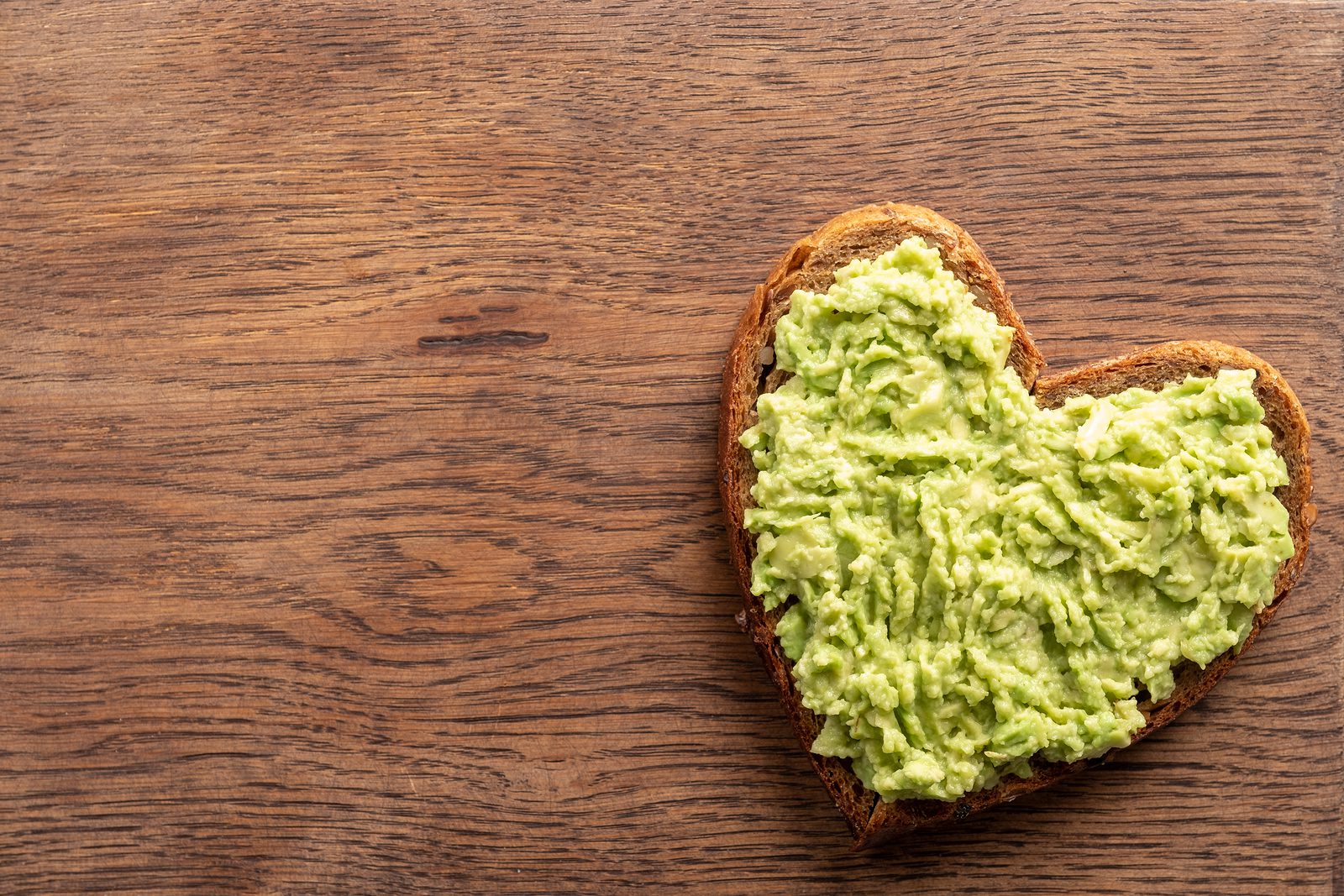 With Valentine’s Day just behind us, decorative hearts remain visible all over. This can help serve as a reminder that heart disease is the leading cause of death for men and women in the United States. Statistics show that one person dies every 37 seconds in the US from cardiovascular disease, and unfortunately, the number of people impacted is only increasing. On the upside, many forms of heart disease can be prevented or treated with healthy lifestyle choices.
With Valentine’s Day just behind us, decorative hearts remain visible all over. This can help serve as a reminder that heart disease is the leading cause of death for men and women in the United States. Statistics show that one person dies every 37 seconds in the US from cardiovascular disease, and unfortunately, the number of people impacted is only increasing. On the upside, many forms of heart disease can be prevented or treated with healthy lifestyle choices.
Quitting smoking, incorporating at least 30 minutes of daily exercise, eating a diet low in salt and saturated fat, maintaining a healthy weight and reducing stress can all help to strengthen our ticker and ward off the “silent killer” that accounts for 25% of all deaths in this country.
Because diet plays a major role in heart health and can impact the risk or prevention of heart disease, choosing certain foods can be an easy way to improve your risk and maintain your health for several decades to come. Read on for heart-healthy foods and creative ways to incorporate these picks into your diet.
- Leafy Green Vegetables
Spinach, kale, and collard greens are high in vitamin K and nitrates, which can help reduce blood pressure and improve arterial function. A higher intake of greens has been shown to lower the risk of heart disease. Aim to throw in a mixture of leafy greens into your salad, smoothies, or sauté a few handfuls with herbs and spices for an easy and quick side dish.
- Whole Grains
Whole grains such as whole wheat, rice, oats, rye, barley, buckwheat, and quinoa are high in fiber, which can reduce “bad” LDL cholesterol levels and decrease the risk of heart disease. Eating three servings of whole grains a day is associated with a 22% lower risk of heart disease. Grains have also been shown to decrease systolic blood pressure and reduce the risk of stroke. Bake a large batch of overnight oats to get in a serving early on in the day, and come lunchtime or dinner, throw in a scoop of whole grains to bulk up salads or use as the base of burrito bowls.
- Avocado
As you’ve probably heard by now, fat is no longer to be feared. Avocados are a great source of heart-healthy monounsaturated fats, which are linked to reduced levels of cholesterol and a lower risk of heart disease. Rich in potassium, a nutrient essential to heart health, avocados can help decrease blood pressure and stroke risk. Use smashed avocados as a mayo swap on sandwiches, whip up a batch of guacamole for Taco Tuesday, or even blend up this fruit in a delicious and healthy avocado pudding.
- Berries
Low in calories and high in fiber, strawberries, blueberries, blackberries, and raspberries can play a vital role in heart health. Full of antioxidants, they protect against stress and inflammation that can lead to the development of heart disease. Studies show that eating blueberries daily improve the function of cells that line the blood vessels, helping to control blood pressure and clotting. Add a few different berry varieties into smoothies, atop salads, or to naturally sweeten yogurt and oatmeal.
- Nuts and Seeds
Almonds, walnuts, chia seeds, flaxseeds, and hemp seeds are all great sources of heart-healthy nutrients, fiber, and healthy fats. Consuming a variety of nuts and seeds is not only satiating but adding these to the diet can improve heart disease risk factors including inflammation, blood pressure, cholesterol and triglycerides. Studies show that eating monounsaturated fats found in almonds and walnuts can help to reduce belly fat and levels of LDL cholesterol. Get creative with these by mixing together a healthy chia seed pudding , using almond flour to coat chicken tenders, or swapping in hemp milk in your AM latte.
- Dark Chocolate
Anyone with a sweet tooth will be happy to see that this treat made it on the list of heart-healthy foods. Rich in antioxidants, a small serving of dark chocolate can help boost heart health and reduce the incidence of heart disease. Studies show that eating chocolate at least twice each week can lower the risk of having calcified plaque in the arteries. Although there are several healthy benefits, keep in mind that chocolate can be high in sugar and calories so choose a high-quality dark chocolate with a cocoa content of at least 70% and keep portions in check (1-2 ounces). Grated dark chocolate can be a flavorful addition to coffee, over fresh fruit, or even added into homemade chili to bring out the flavor.
- Green Tea
Although technically not a food, green tea found its way on this list as it has been touted as a healthy addition to the diet that can increase fat burning and improve insulin sensitivity. Full of polyphenols and catechins, these antioxidants prevent cell damage and reduce inflammation to help protect our vital organs, including the heart. Green tea has also been found to lower levels of LDL, total cholesterol, and both systolic and diastolic blood pressure. Although green tea supplements are on the market, brew up a cup as an afternoon pick-me-up or in the morning to reap the various health benefits.
As you can see, what you put in your body and your lifestyle factors all have a direct link to disease prevalence. Food choices can influence all aspects of heart health from blood pressure and inflammation to cholesterol levels and triglycerides. Including these heart-healthy foods, maintaining an active lifestyle, and seeing your physician on a regular basis can help to prevent the devastating effects of heart disease.
Need a bit more guidance or support in making dietary and lifestyle changes to maximize health? Reach out to Merritt Clubs’ Nutrition & Wellness Department for assistance with incorporating healthy choices into your life that can improve health and well-being.
Sources:
https://www.healthline.com/nutrition/heart-healthy-foods#section12
https://www.cdc.gov/heartdisease/facts.htm
https://www.mayoclinic.org/diseases-conditions/heart-disease/symptoms-causes/syc-20353118


